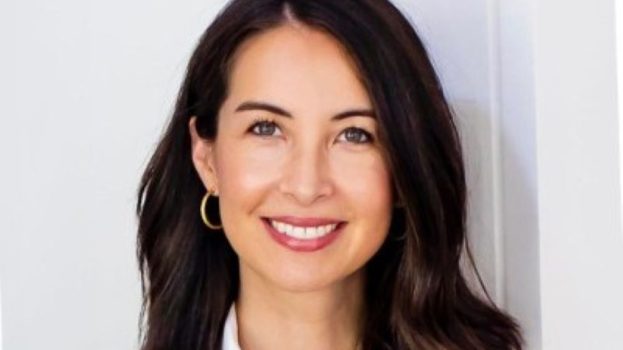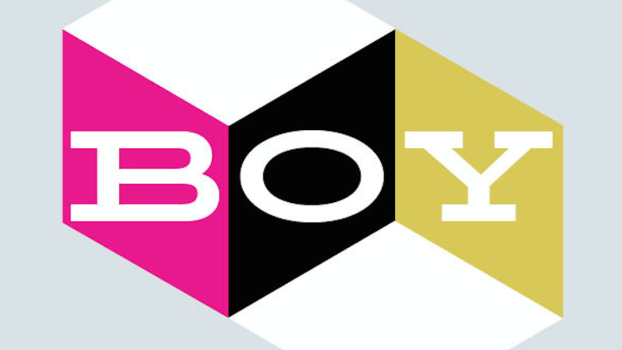This story originally appeared in the March/April 2020 issue of strategy.
Though Nancy Marcus retired from her role as CMO at Kruger Products on March 1, she will provide marketing expertise to parent company Kruger Inc.’s other divisions – such as its wine and spirits importing and distribution business, renewable energy developments and paper manufacturing.
Bringing her knowledge to areas of Kruger that haven’t previously prioritized marketing is something she has been doing since she joined in 2001.
A few years before Marcus’ arrival, the company – previously known for industrial operations in paper, pulp and packaging – made a massive push into consumer products by acquiring the Scott Paper business. Marcus was tasked with transitioning the brands over, in some cases replacing established ones with new ones due to rights issues during the acquisition process. Nearly 20 years later, brands like Scotties, Cashmere, SpongeTowels and Purex lead market share in their respective categories.
Marcus has left her fingerprints all over the industry ever since she started her marketing career in the ‘80s at what was then known as the 7Up Bottling Company, with stops at Cadbury and JTI MacDonald along the way. Over the years, she’s had a seat on the Association of Canadian Advertisers (ACA), Canadian Marketing Association (CMA) and Ad Standards boards.
Taking over Marcus’ role at the helm of Kruger’s marketing is Susan Irving, a 15-year veteran of PepsiCo, where she worked primarily in its food and snacks portfolio on brands like Quaker, Lays and – most recently – a global role on a snack portfolio that included Doritos and Cheetos.
Strategy sat down with both Marcus and Irving to talk about leaving a legacy and transitioning into a new chapter.
What is the biggest change you’ve seen in marketing at Kruger over the years?
Marcus: The recognition of the importance and vitality of marketing. When I joined the organization, there was no understanding of what “branding” was about. Truthfully, that went back to when the [Scott Paper Company] was purchased in 1997. The thought process was that the brands being transitioned would simply be priced below market pricing. But teaching the organization how vital marketing was resulted in it being part of the executive team’s key decision-making and leading strategic endeavours. That made us customer-based in our mission, vision and DNA of the company.
Irving: I’m excited about inheriting everything Nancy has done with these brands. They’re at the top of their categories and she’s done some groundbreaking marketing. We talked a lot with Dino [Bianco, CEO of Kruger Products] about continuing to make sure marketing is at the forefront at Kruger. We’ve got to figure out how we are going to innovate differently.
Why have you placed so much emphasis on brand and marketing in a “low interest” category that faces its stiffest competition from private label?
Marcus: People think it’s a “low interest” category, but it’s one we can make very exciting. The [tissue] business is $1.8 billion, so we are the fourth-most important industry in the grocery section, behind dairy, cheese and salty snacks. That is a significant player.
Irving: Marketers talk about data, but that’s just a tool for our job, which is figuring out how to make brands purposeful. If you can figure that out, you don’t have to worry about private label.
Marcus: It all comes back to branding. We own just over 30% of the tissue market and over 50% of trademark in bathroom tissue, and there’s only so long you can hold such a great share, especially with retailer consolidation and private label growth continuing in double digits. When competing with that, the opportunity is entrenching loyalty, engaging consumers and reinforcing our Canadian heritage. And there’s a lot of other things happening under the marketing umbrella – we’re also responsible for sustainability, and our VP of sustainability reports to the CMO.
What’s your favourite campaign that you worked on?
Marcus: Our endeavours with breast cancer. I could talk about the Cashmere Collection, I could talk about redesigning a hospital room for cancer patients, or being very brave with our packaging and putting it out there to raise funds. The CSR that we’ve done has really been amazing, from a corporate level, and also from an employee level and talking to, filming and being with a lot of breast cancer patients and seeing how we really touched their lives.
What industry-wide changes have you seen?
Marcus: The CMO role has changed so much because of globalization. Marketing has become so global that Canada is insignificant in the grand scheme of things, and that saddens me. [Kruger] is the antithesis, because the CMO is a North American role based in Canada – that gives you autonomy to make a difference with consumers and at the corporate level.
With that in mind, Susan, during your time at PepsiCo you worked on Canada-specific campaigns but from within a global company, and then later moved into a global role. What challenges do you see as you move into a company that leads marketing from within Canada?
Irving: I had a ton of great opportunities while I grew up at PepsiCo. You have so many resources to pull from [globally], lifting and shifting what is right for the Canadian market. But Kruger is a Canadian company, with decisions made here. That is exciting and scary at the same time. Everything starts and stops with us, everything across North America is our call, but if something doesn’t work, you have nowhere else to pull from.
Does your global experience benefit a Canadian company like Kruger?
Irving: What was really cool about my global role is realizing how marketers sometimes take the power of brands for granted. [When] we launched Doritos in India and China, [we realized] consumers in North America understand things about our brands’ positioning that billions of others don’t. You really learn to think about the value of brands differently when you launch businesses that aren’t new for you, but are new to an entire market.
How do you make sure data is an effective tool for building brand?
Marcus: We try to take a consumer-centric view of the data that tells us about how our brands fit into their lives. That has given us opportunities with multicultural communities, consumers in Quebec or Western Canada and the U.S., it all comes from viewing data as another way to listen to the consumer.
Irving: Some marketers use data to sell an idea they already had. That’ll help you put a sexy presentation together that makes it look like a winning idea, but it’s disconnected from your original business problem. Brilliant marketers really peel the onion of data back to understand what their business problems and opportunities are, and using that to determine the path forward.
How can marketers build an effective team in 2020?
Marcus: You’ve got to deal with fundamental competency, and then, as a leader, provide the ammunition for decision making. There is a labour shortage, but I’m fortunate in that most of the senior people in marketing have been [at Kruger for] over 10 years. And you can be at the company forever, but your job will evolve every few years.
Irving: To me, a leader removes barriers so people can succeed and get their ideas working. Nancy has done a great job of building a team that is really passionate about the business. When you work for a global company, people move around every two years, but these guys have been in their roles for a long time. They know the business so well, and when you know your business, you move and innovate that much faster.

























